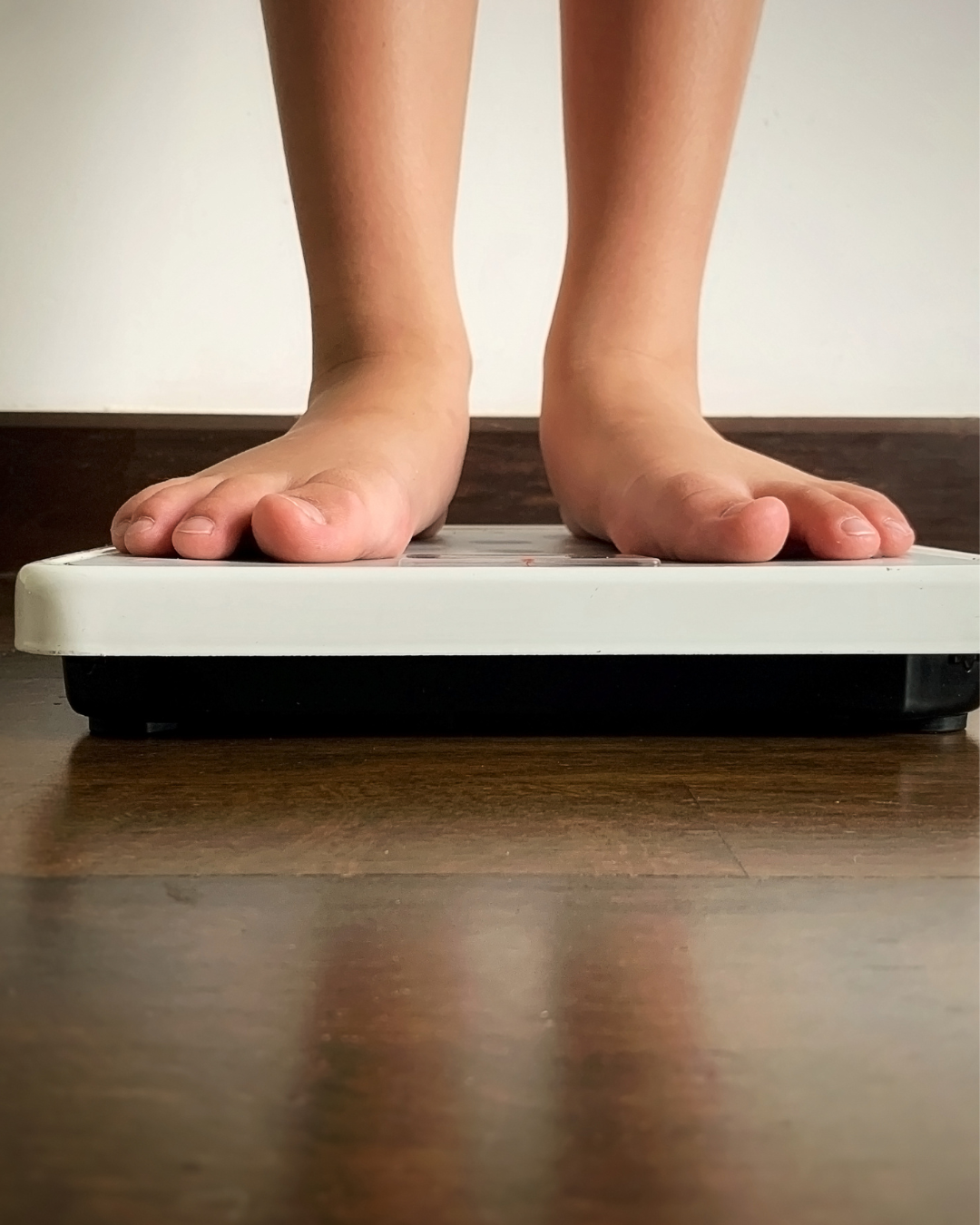Worried because your child is not growing? Growth Charts part 2
If you’ve ever worried that your child isn’t growing as expected, you’re not alone. Parents often ask: “Is my child too short? Too thin? Should I be worried?”
Pediatricians have a structured way of thinking about growth. It’s not about a single number, but patterns over time, family history, and overall health.
I highly recommend reading my prior post (about growth chart basics) to help you better understand this article!
Remember: growth is more than a number
Just like heart rate or temperature, growth tells us about your child’s overall health. Pediatricians look at trends rather than individual measurements. Single measurements that seem “off” are not necessarily cause for concern.
The Pediatrician Mom Tip: Temporary changes (like a slight weight drop after a stomach bug) are common. Most children bounce back to their usual growth pattern within weeks.
How tall will my child be?
This is a fun way to start because it is such a common question from parents. The truth is, while there’s no crystal ball, we do have a fairly reliable way to estimate what your child’s height will be, and it starts with looking at the parents.
Mid-Parental Height formula
This simple equation gives a good idea of a child’s genetic potential for height:
Step 1: Mom’s height + Dad’s height (in inches)
Step 2:
For boys: Add 5 and then divide total by 2
For girls: Minus 5 and then divide total by 2
Most children will grow to be within about 2–3 inches (5–8 cm) of that number.
What actually affects height?
The most important predictor of a child’s final height and weight is genetics. But it is not the only factor. Growth also depends on:
Nutrition
Poor nutrition can slow growth, while a balanced diet supports it. If you’ve been seeing social media ads about vitamins that claim to “increase your child’s height” please don’t waste your money. Supplementation when there is a nutritional deficiency can increase growth. But even picky kids are rarely deficient.
The Pediatrician Mom Tip: If your child is missing an entire food group from their diet (eg: due to allergies), they may benefit from supplementation of specific nutrients. But unless they are truly malnourished, this is unlikely to affect their height.
Sleep
Growth hormone is actually released during deep sleep. The amount that is in your body changes throughout the day and night (which is why doing random “growth hormone” labs actually doesn’t give you much information).
Hormones / puberty
Ever looked at a class of middle-schoolers and seen a wide range of heights? That is because puberty is a time of rapid growth, but not every child goes into puberty at the same time.
Early or delayed puberty can affect final height.
Kids who start puberty early grow quickly at first but may stop growing sooner. Those who start puberty later may seem short at first, but then grow for longer. We also consider family history: if parents or siblings were “late bloomers,” your child might follow a similar pattern.
General health
There are certain chronic illnesses and medications that can affect growth (although these things are less common).
What about weight?
In general, children should always be gaining weight. A drop in weight percentiles can happen for many reasons, most of them temporary. But a sustained change in weight percentiles, or actual weight loss is more concerning.
Common short-term causes of dropping weight percentiles:
Recent viral illness or stomach bug
Reduced appetite after being sick
Growth spurts can sometimes drop the weight or BMI percentile but they should not actually cause weight loss
Usually, children regain their usual weight curve within a few weeks once they’re eating normally again.
Reasons to take a closer look:
Weight continues to drop or fails to recover
Other symptoms (eg: abdominal pain or really any other pain, big changes in appetite, fatigue, vomiting, blood in the poop, night sweats, or other symptoms that are new)
Concerns about nutrition or restricted eating
The Pediatrician Mom Tip: Even if your child’s weight percentile drops, we always interpret it alongside height trends and overall health. A temporary dip is common. A sustained decline deserves evaluation.
What will the pediatrician do for slow growth?
This depends a great deal on the details. If your child’s growth pattern raises concerns, your pediatrician may:
Look at trends in the growth charts, or have you come back for a re-measurement in a few weeks or months
Get more information about nutritional gaps, other symptoms, family history.
Order labs for thyroid, celiac disease, kidney, hormonal or other underlying causes.
Obtain a bone age X-ray
this is an X-ray of the left wrist that is used to compare a child’s actual / chronological age to the age of their bones based on things like growth plates
A bone age isn’t perfect, but it can give a sense of remaining growth potential
Refer to a pediatric endocrinologist
FAQs About Child Growth
Can stress affect my child’s growth?
Chronic or ongoing stress can affect growth. When the body is under long-term stress, it produces higher levels of cortisol, a hormone that can interfere with growth hormone production and normal metabolism. This isn’t the kind of stress from a single bad day (it’s more often seen in situations of chronic illness, poor nutrition, or emotional stress over time). Helping children get enough sleep, balanced nutrition, consistent routines, and emotional support all promote healthy growth and development.
What common pediatric medications are known to affect growth?
Some medications can slow or slightly reduce growth if used long-term. In making decisions about using these medications, you always want to weigh risks and benefits. These include:
Inhaled corticosteroids used for asthma (generally safe but may cause a small temporary slowing in growth rate, which usually evens out over time).
Oral or systemic steroids can slow growth if used frequently or for extended periods.
ADHD stimulant medications may cause a mild reduction in appetite, which can temporarily affect growth in some children, though this often stabilizes with time and monitoring.
The Pediatrician Mom Tip: Any time your child is put on a medication, I always recommend having a discussion about what the “off-ramp” for that medication might look like. Although some health conditions like Type 1 Diabetes require life-long medication, that is not true for most conditions.
What are some signs of growth spurts in kids?
Growth spurts often happen around predictable times in infancy (10 days, 3 weeks, 6 weeks, 3 months, 6 months, etc). In the toddler years and beyond, they can happen more randomly. Some signs of growth spurts in kids include:
Sudden increase in height or shoe size (sometimes seemingly overnight!)
Increased hunger
Needing more sleep
Aches or “growing pains” in the legs at night
Note: anytime your child has ongoing pain that wakes them up at night, I recommend talking with your pediatrician, even if you suspect the cause is a growth spurt.
Crankiness!
Growth spurts can happen quickly and are followed by quieter phases when growth slows down again. This is all part of normal growth patterns.
Growth is a journey, not a single measurement. Pediatricians focus on trends, not isolated numbers.
Early evaluation helps identify issues and reassures parents when growth is healthy.








